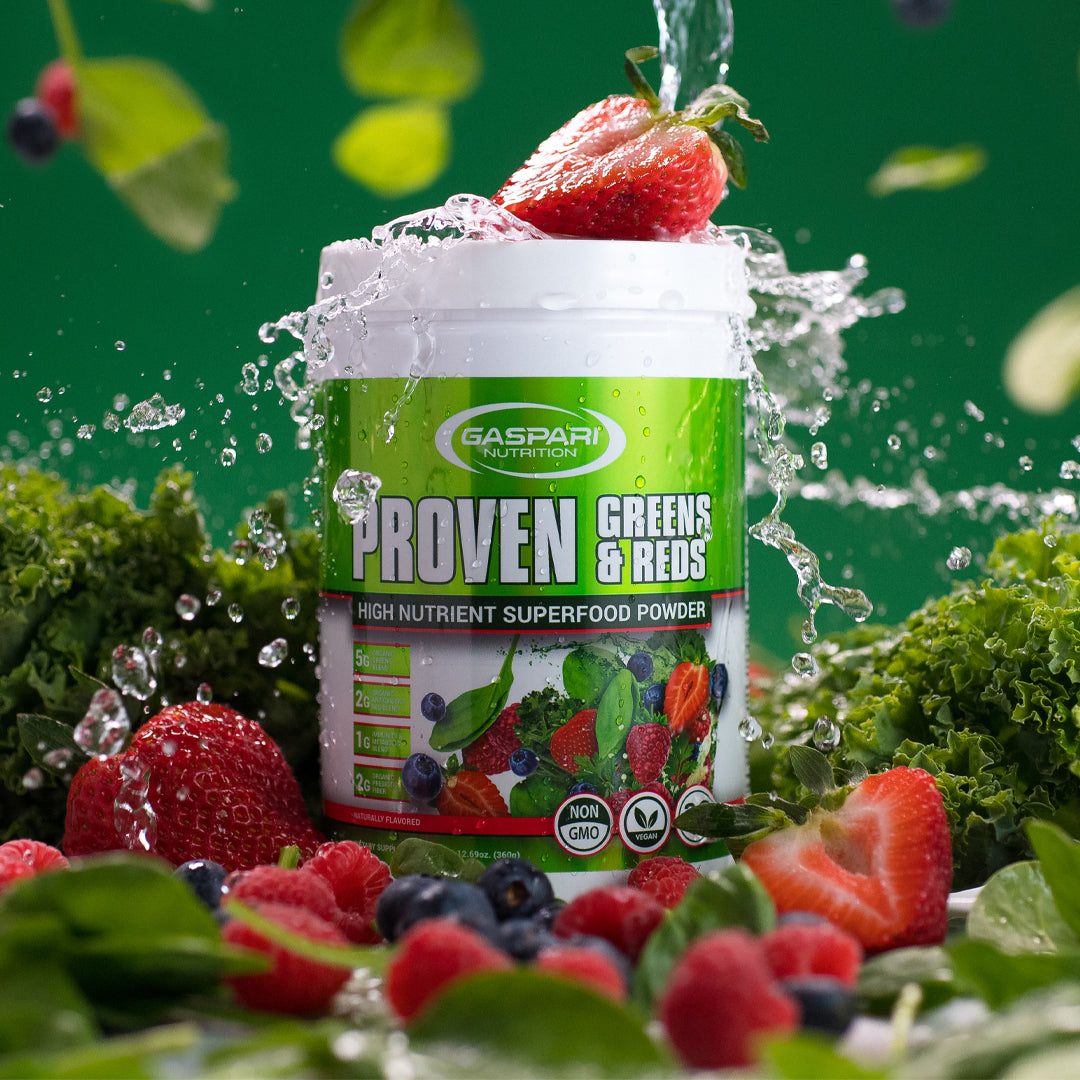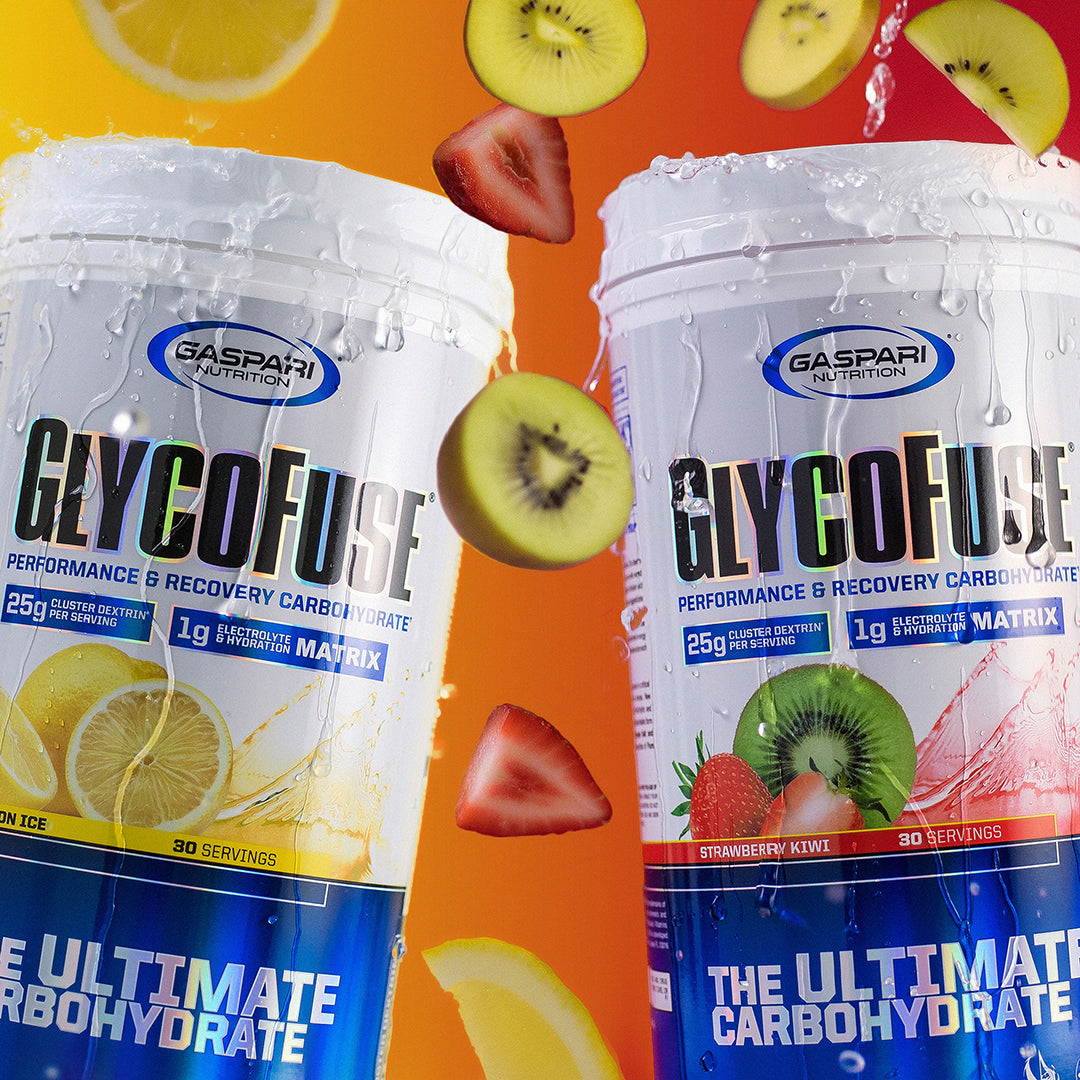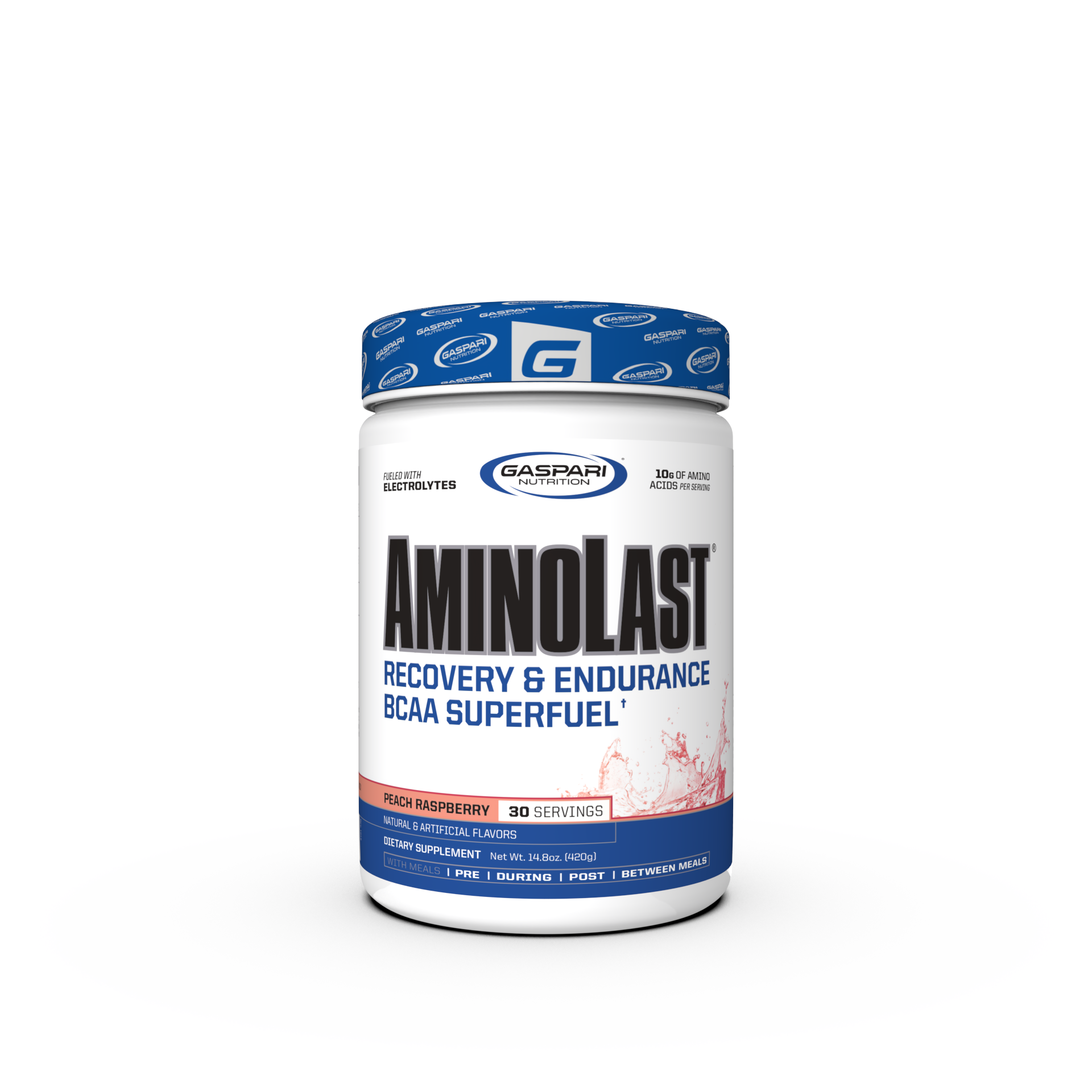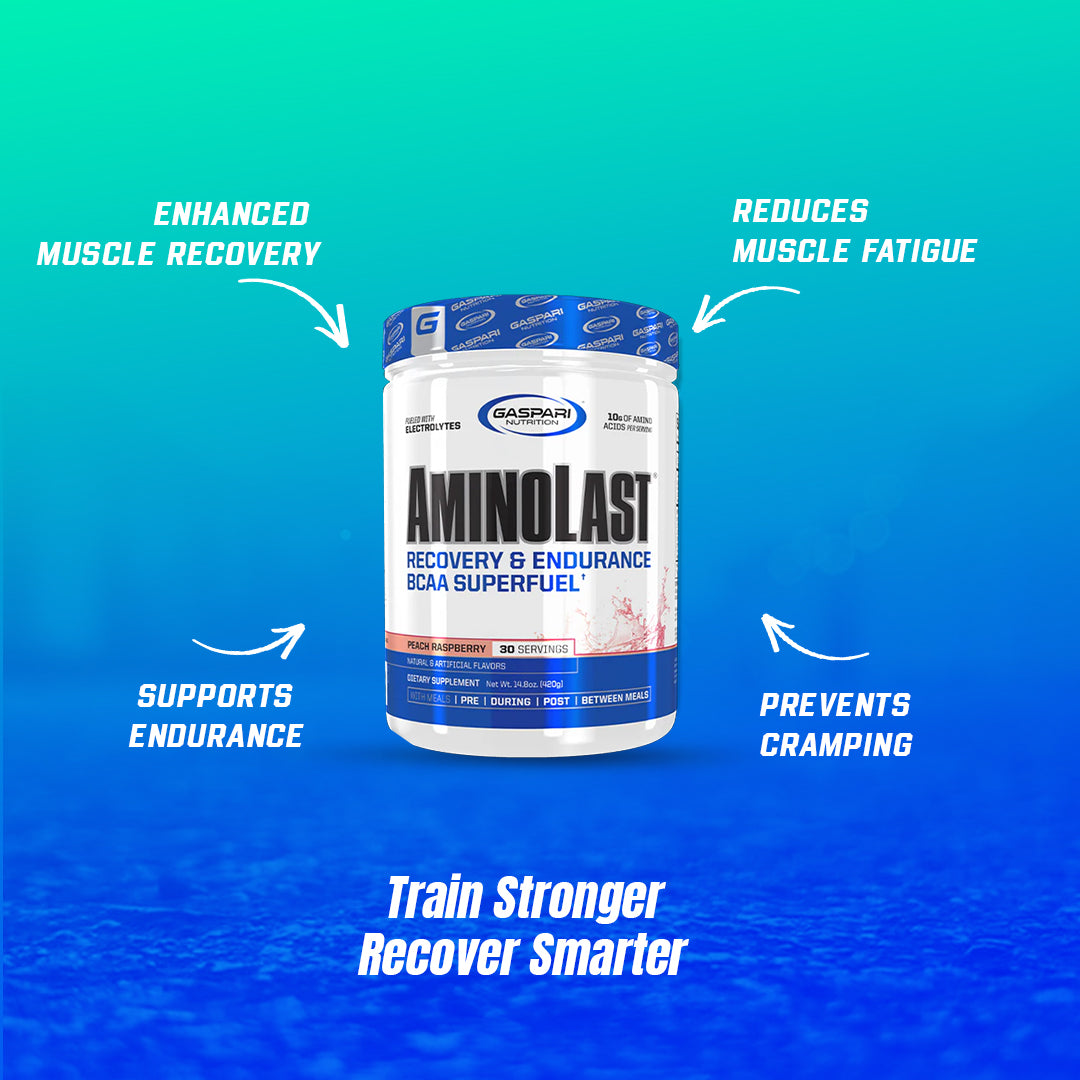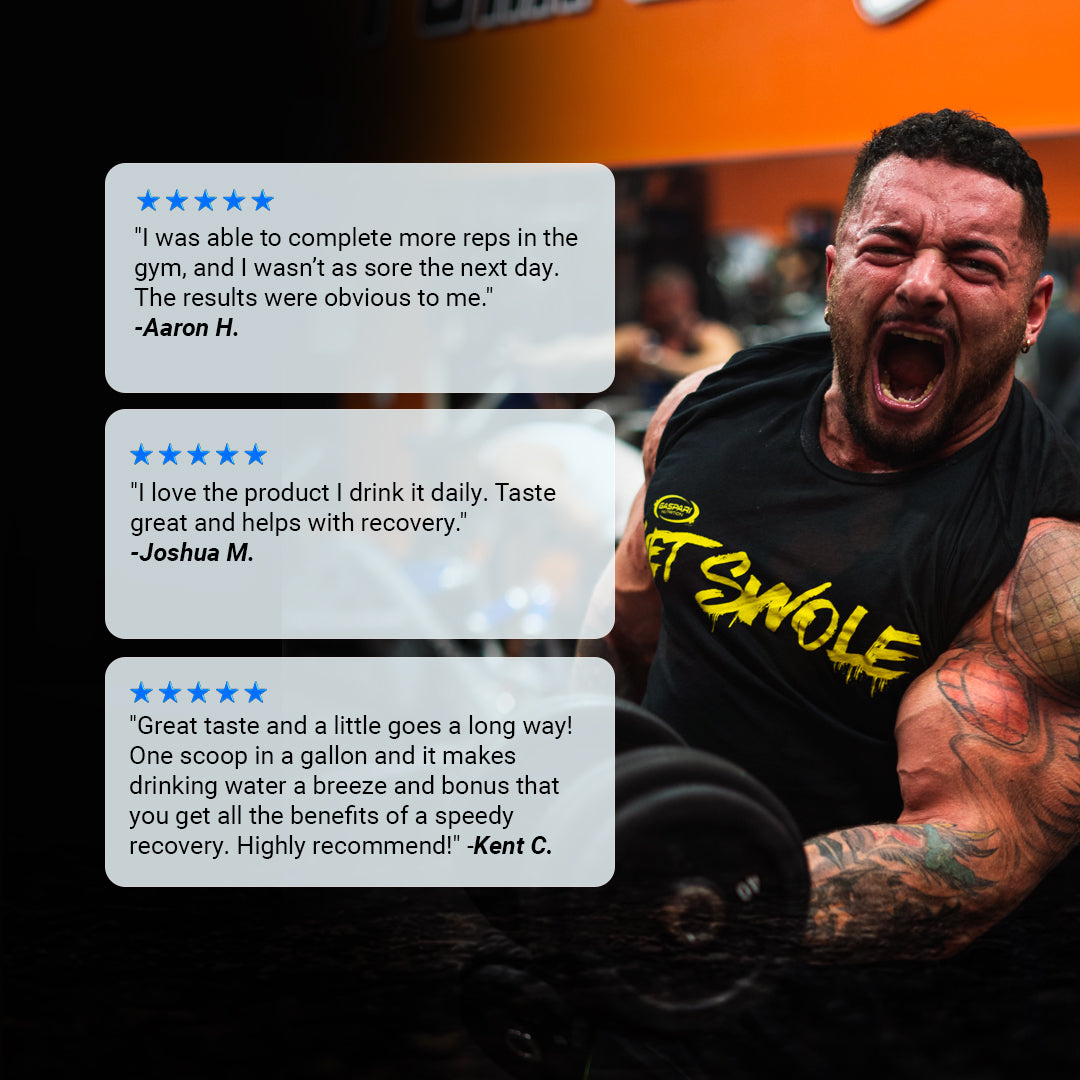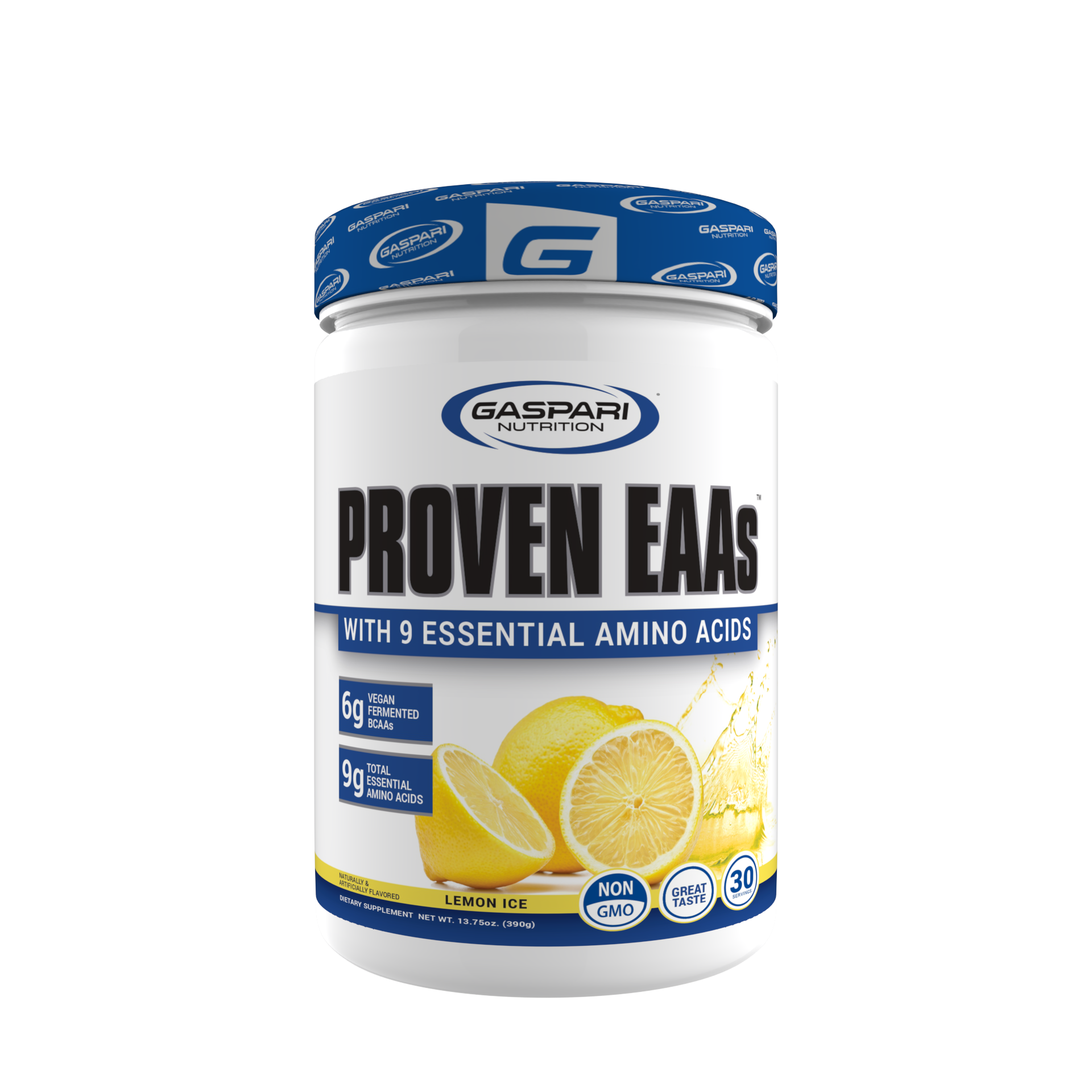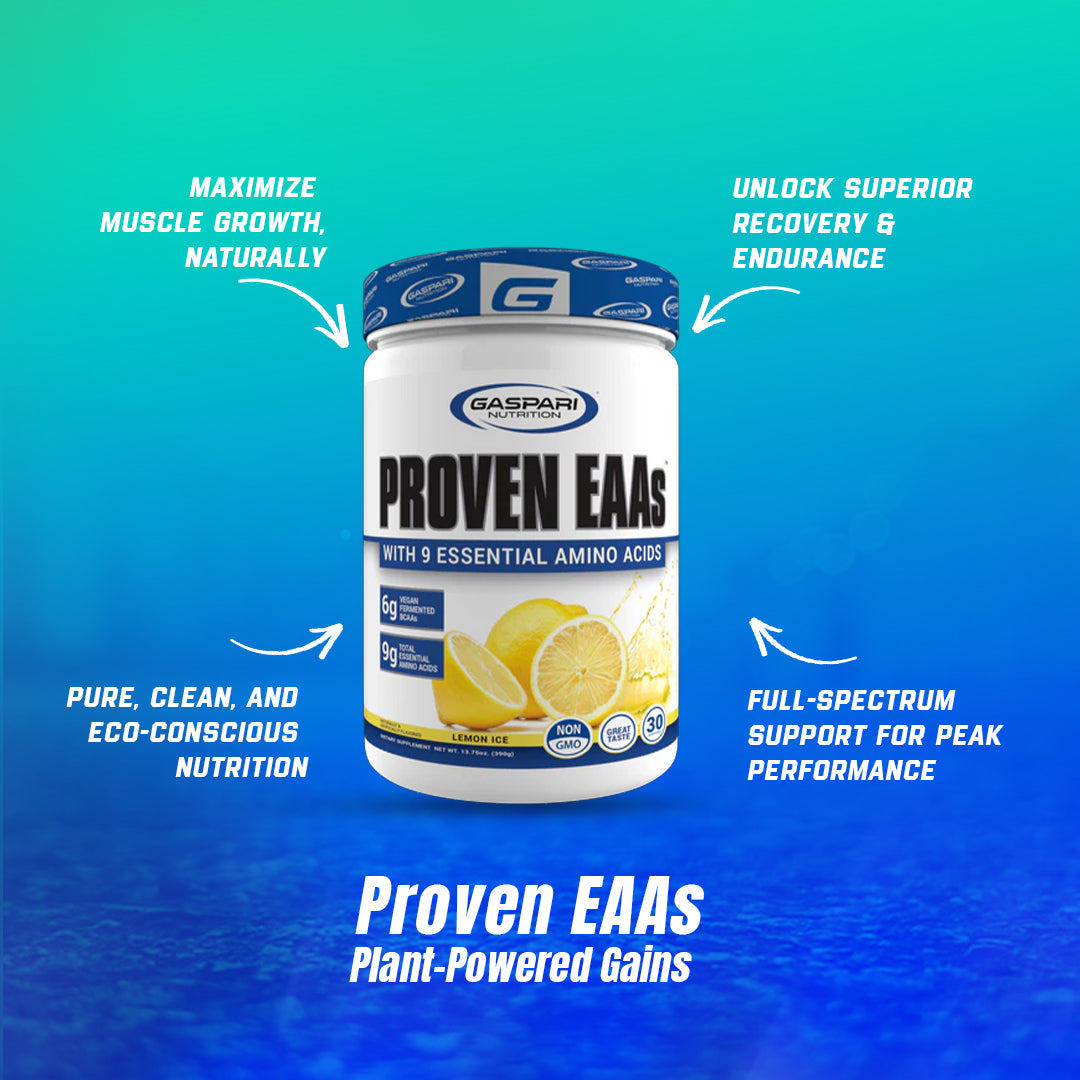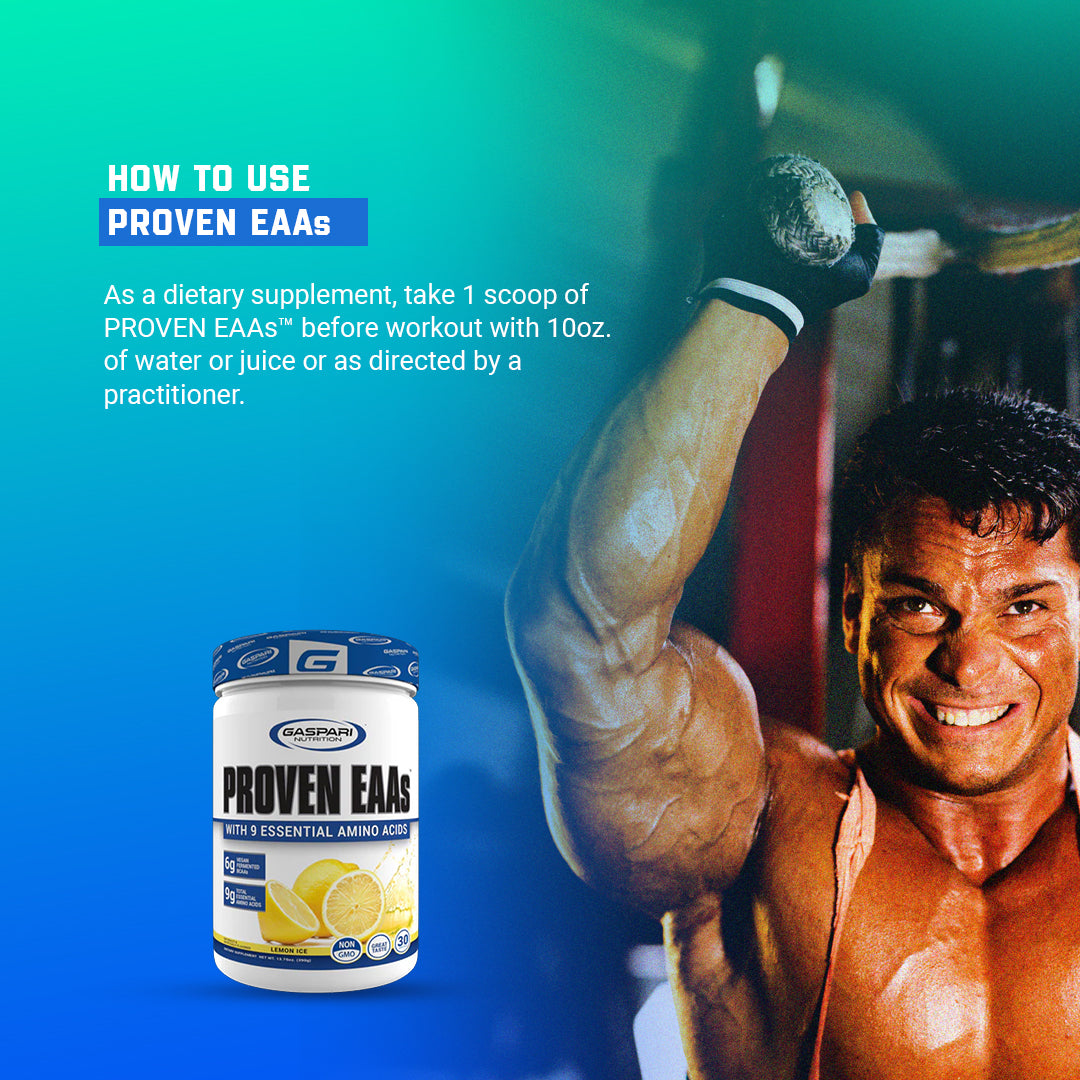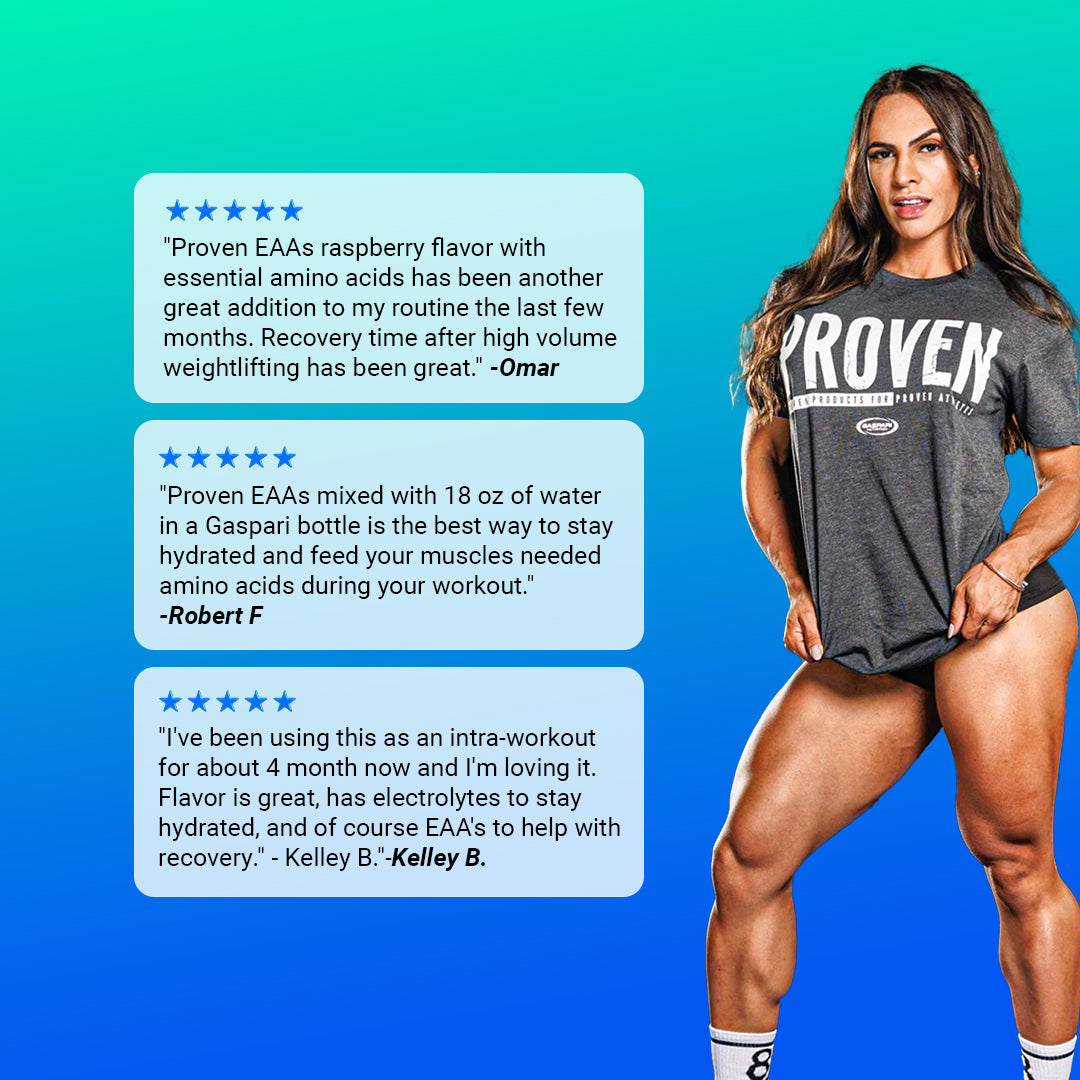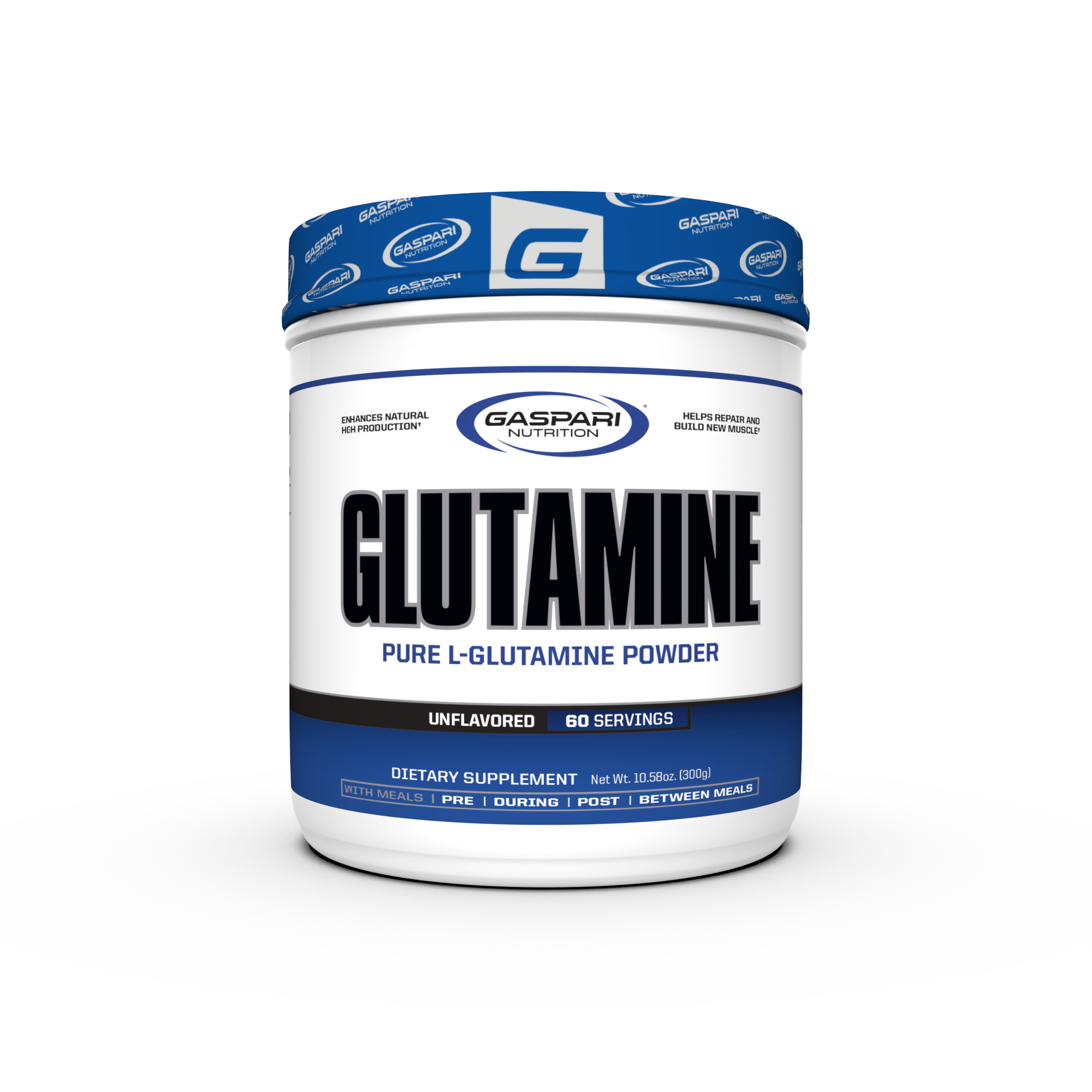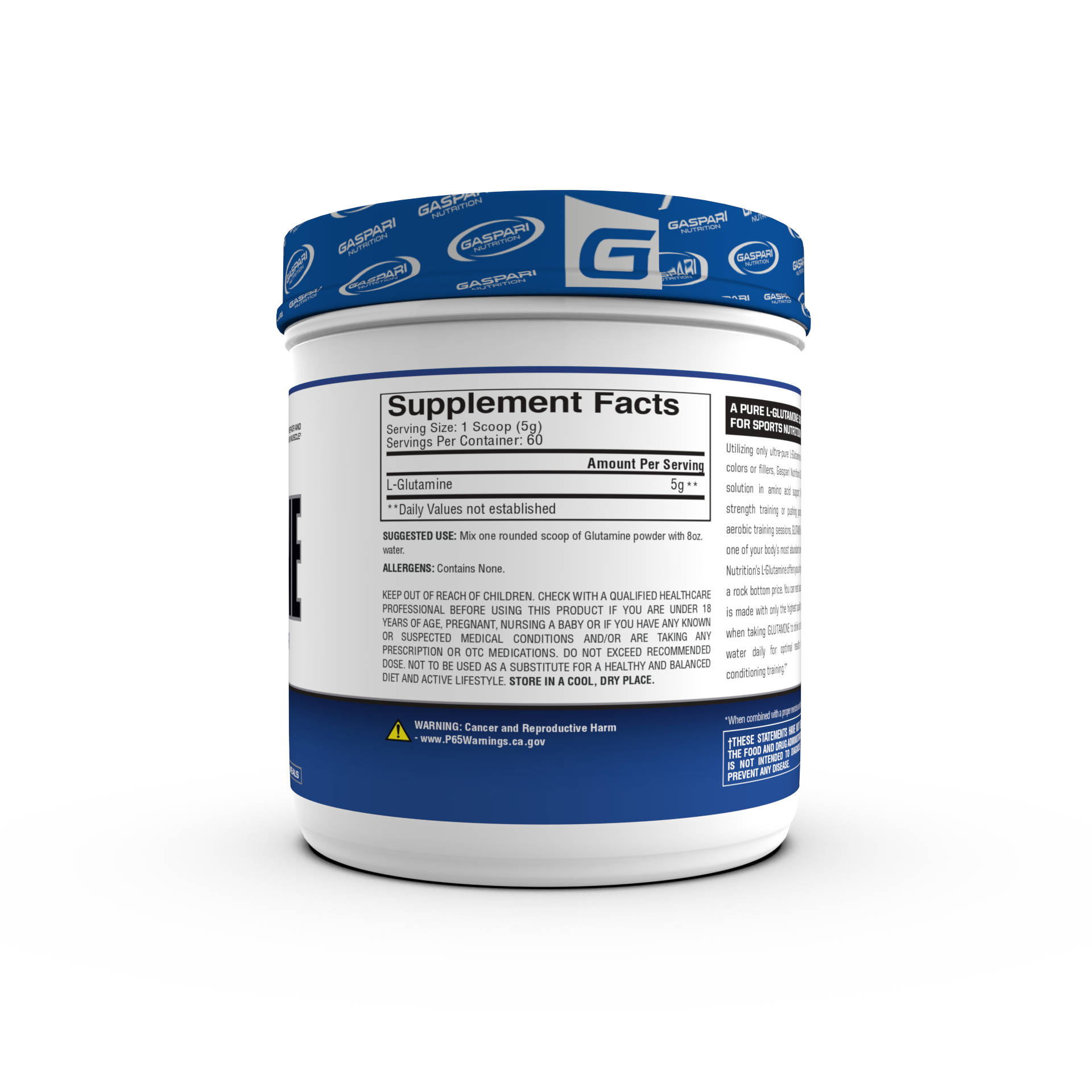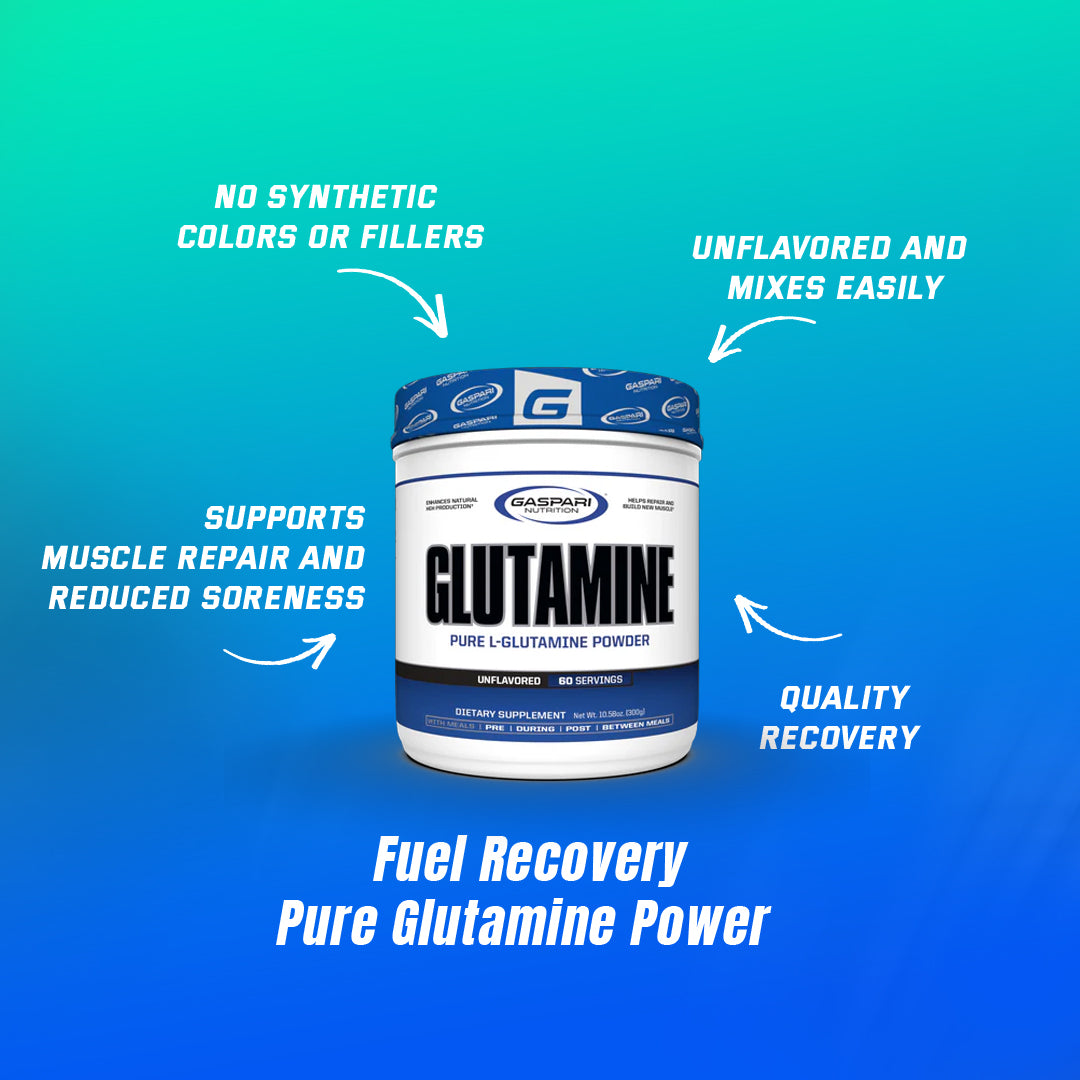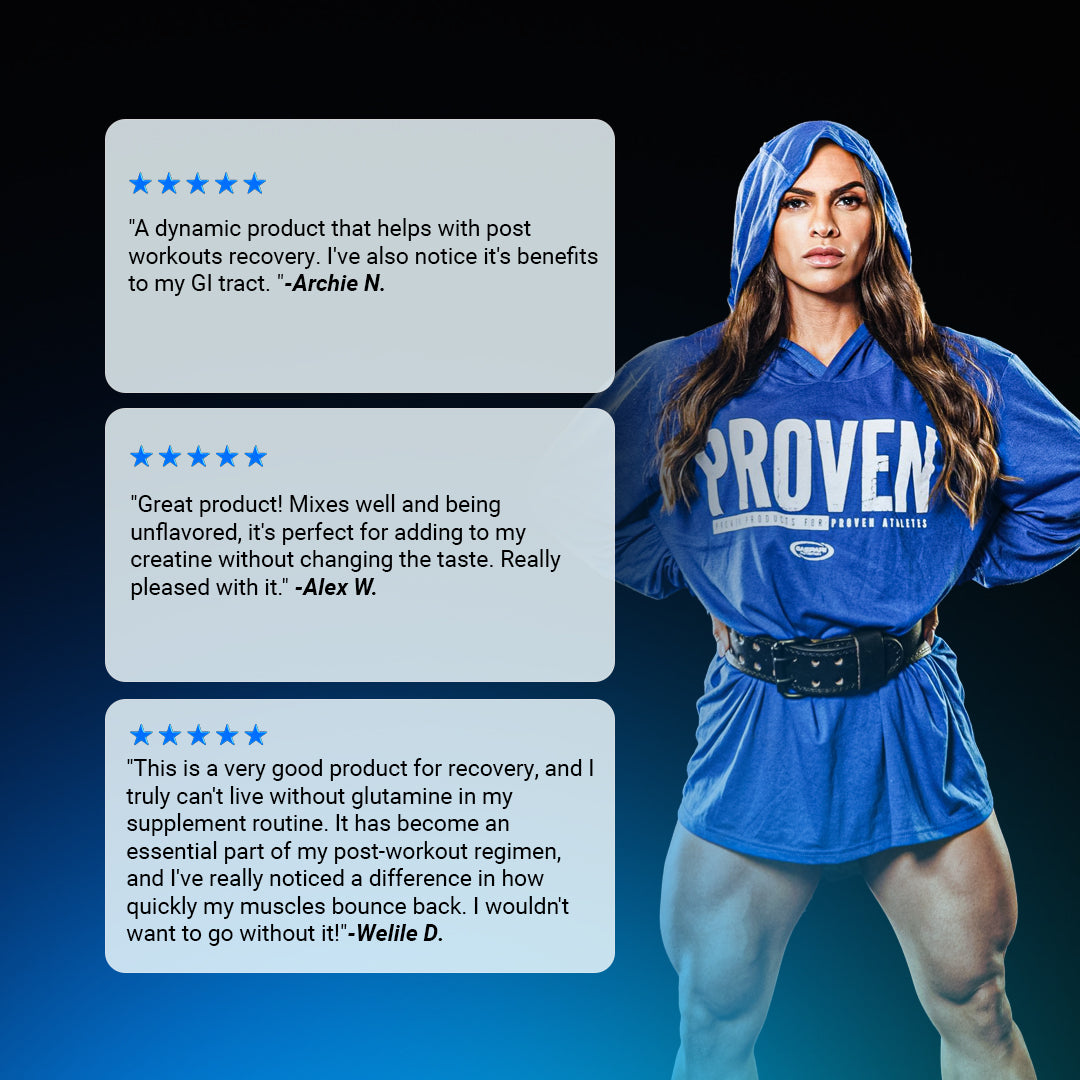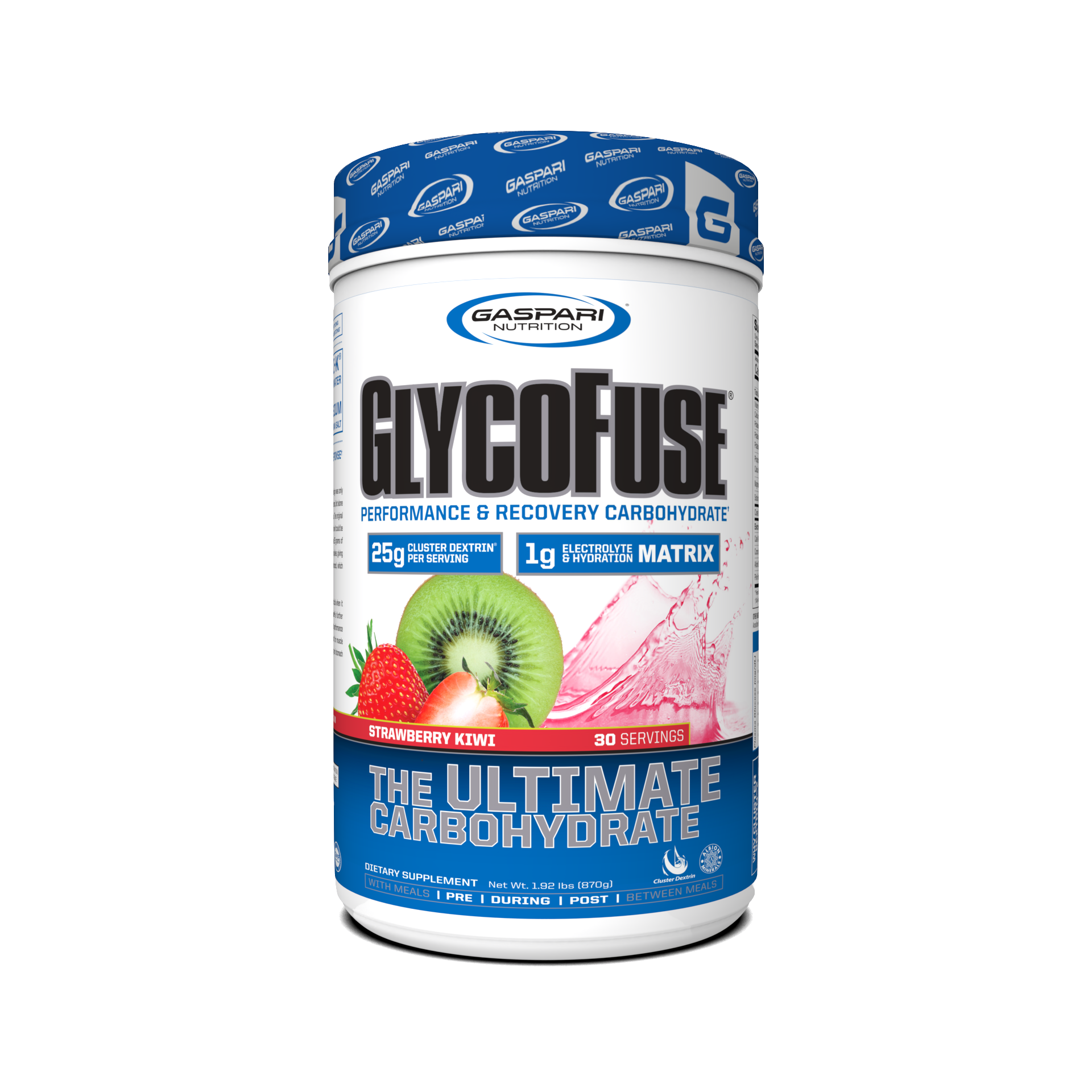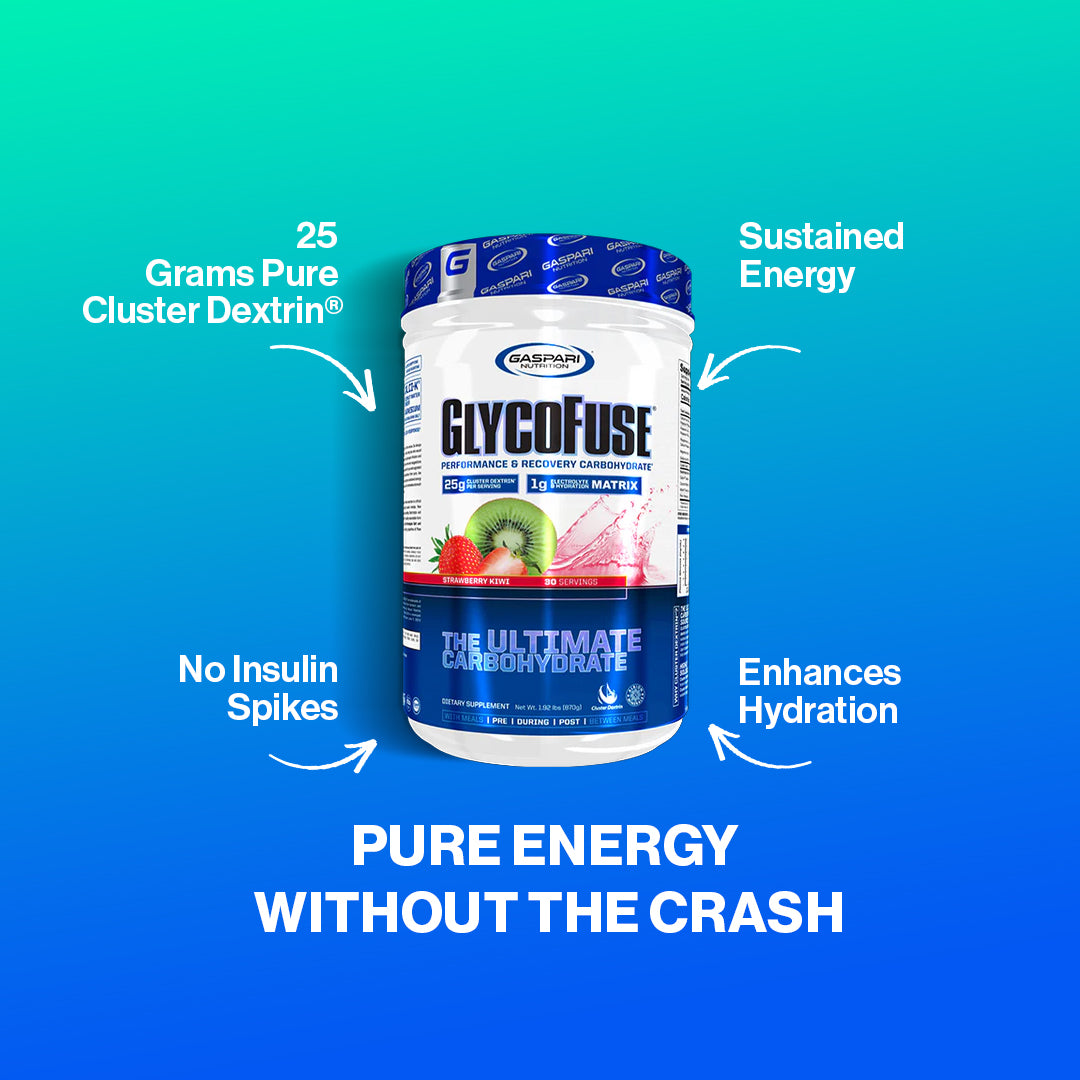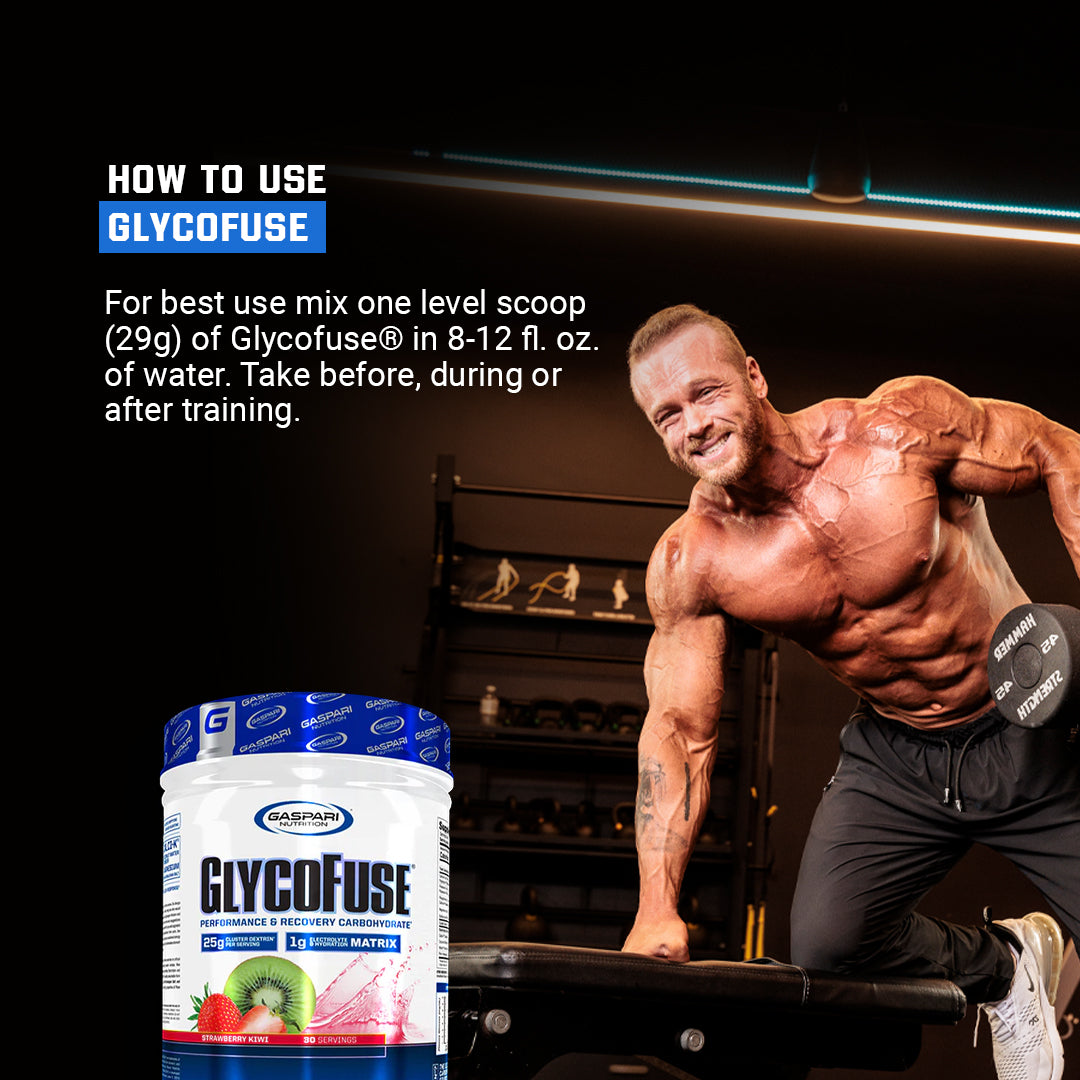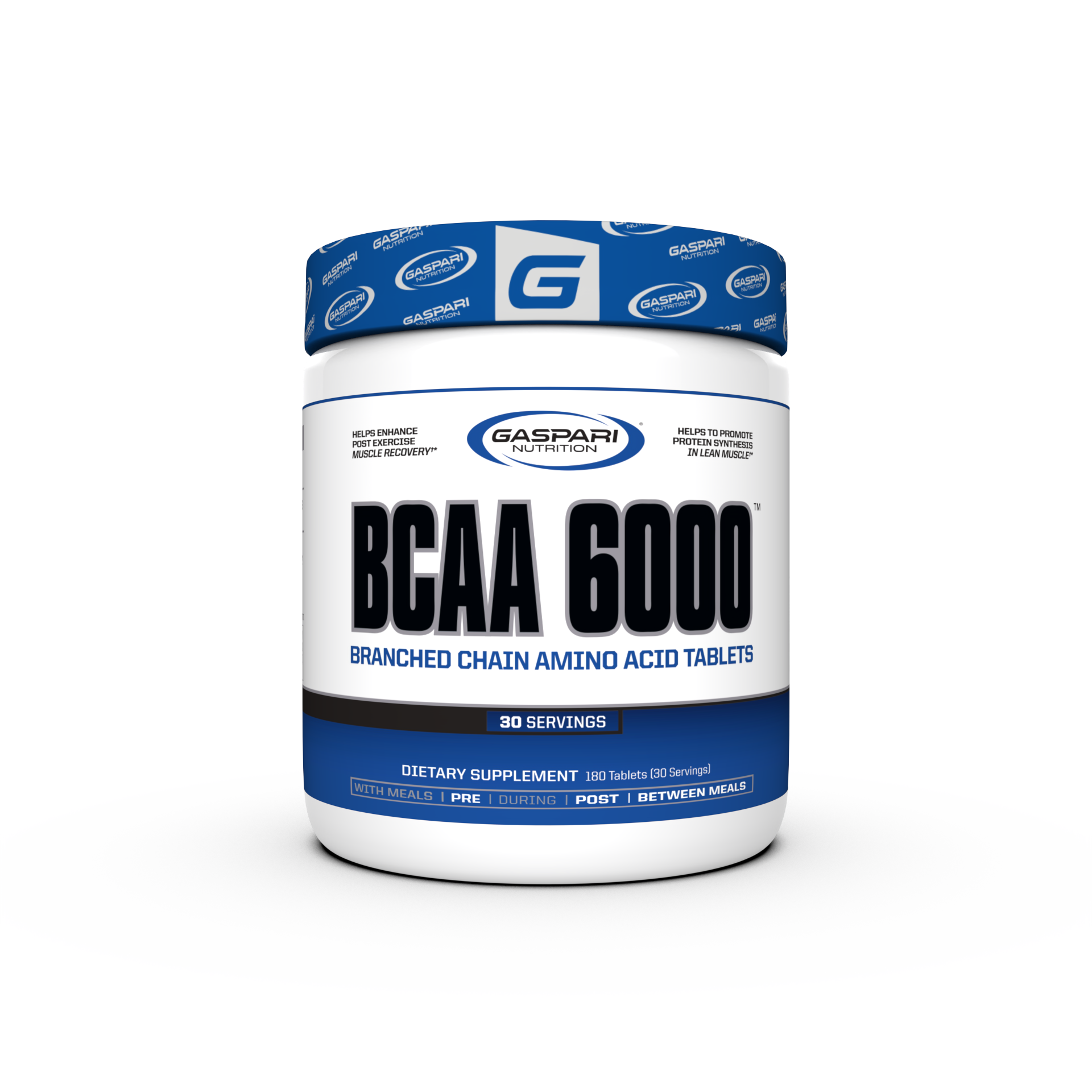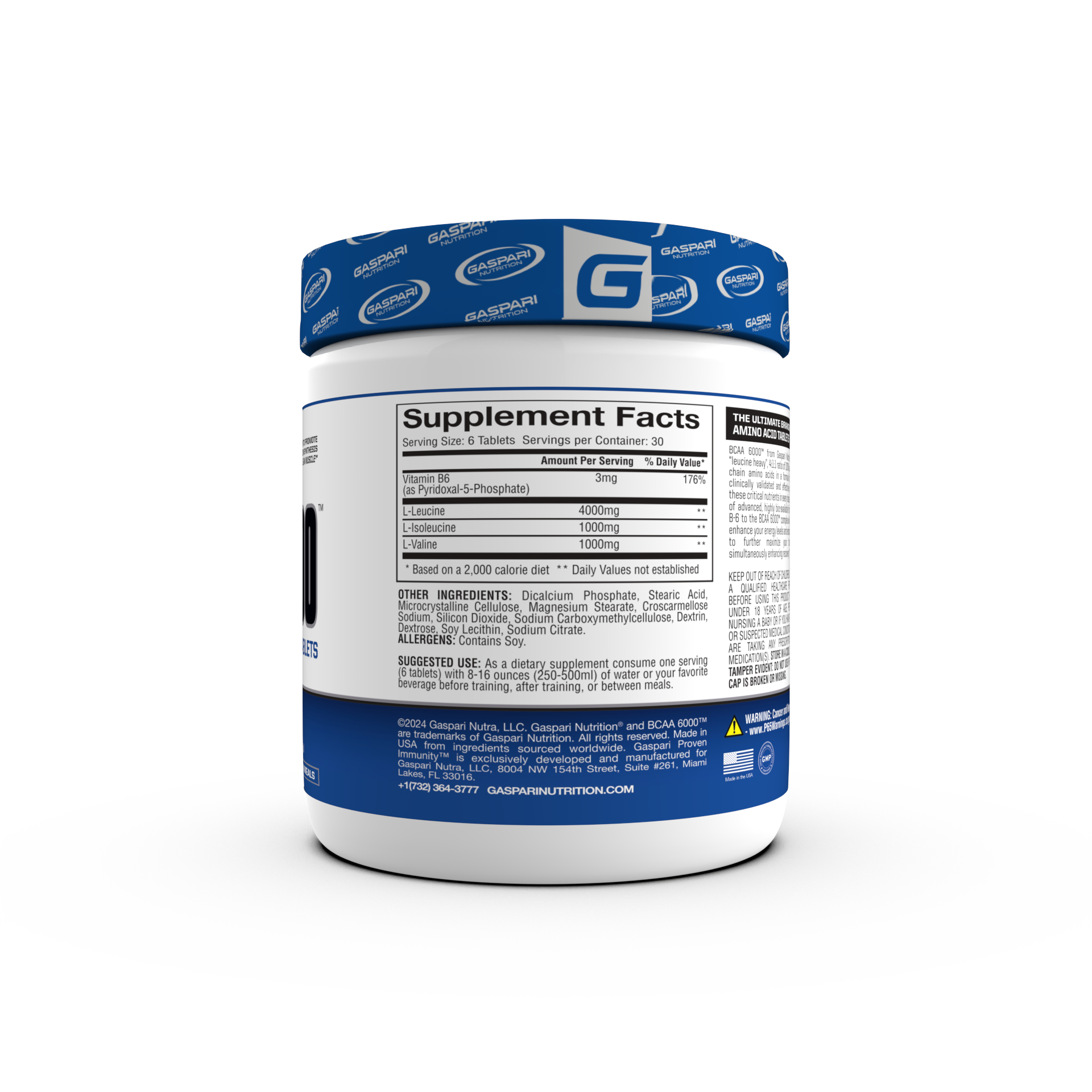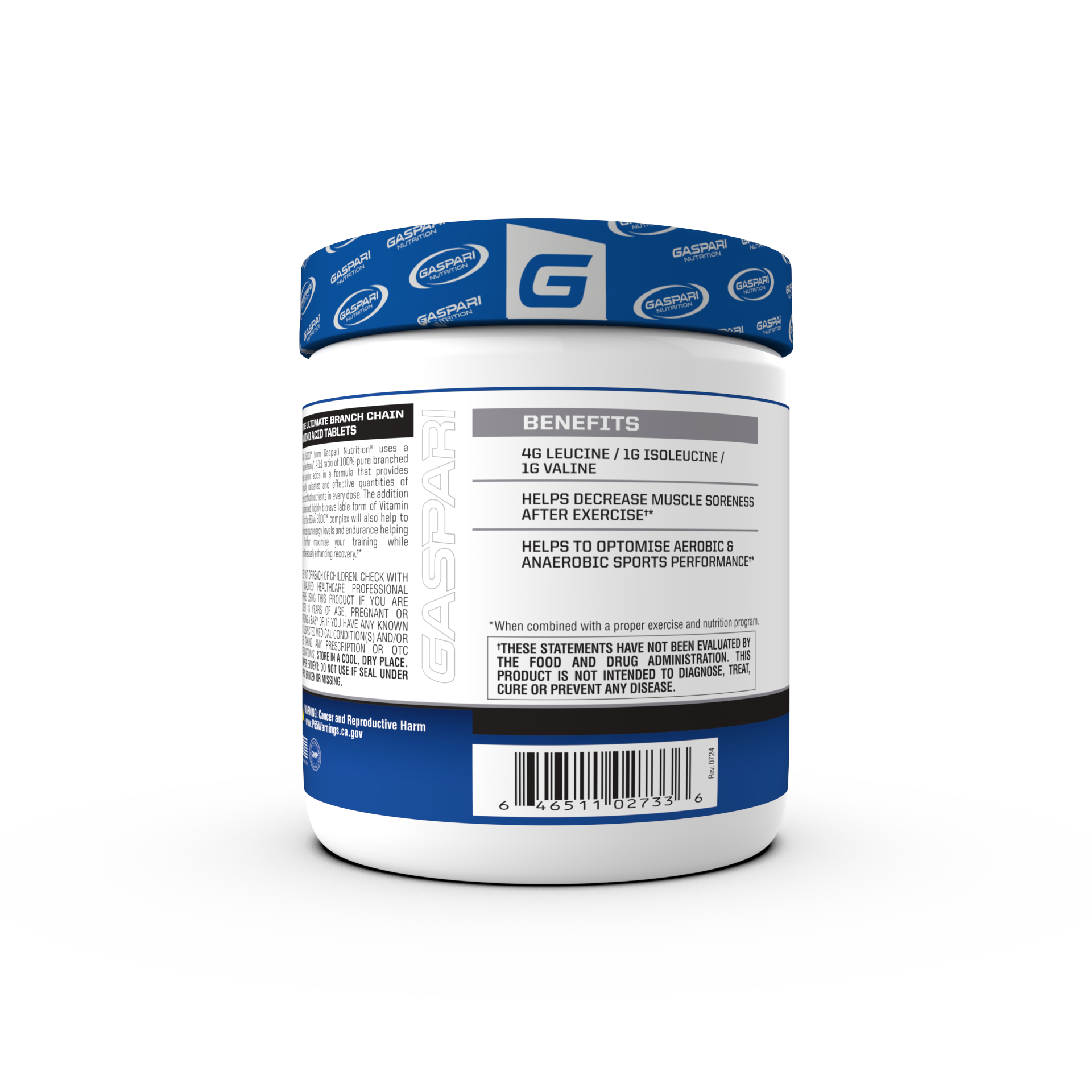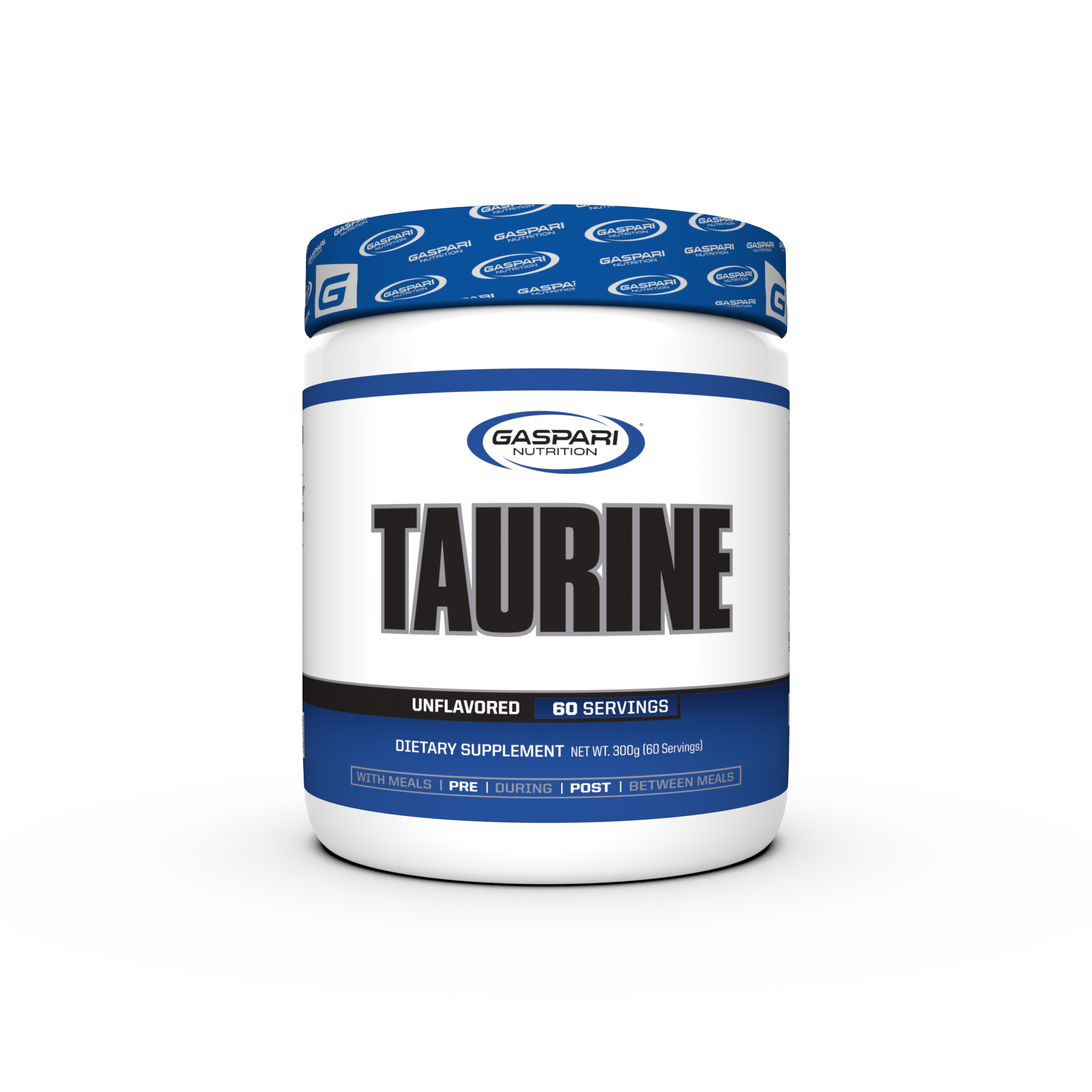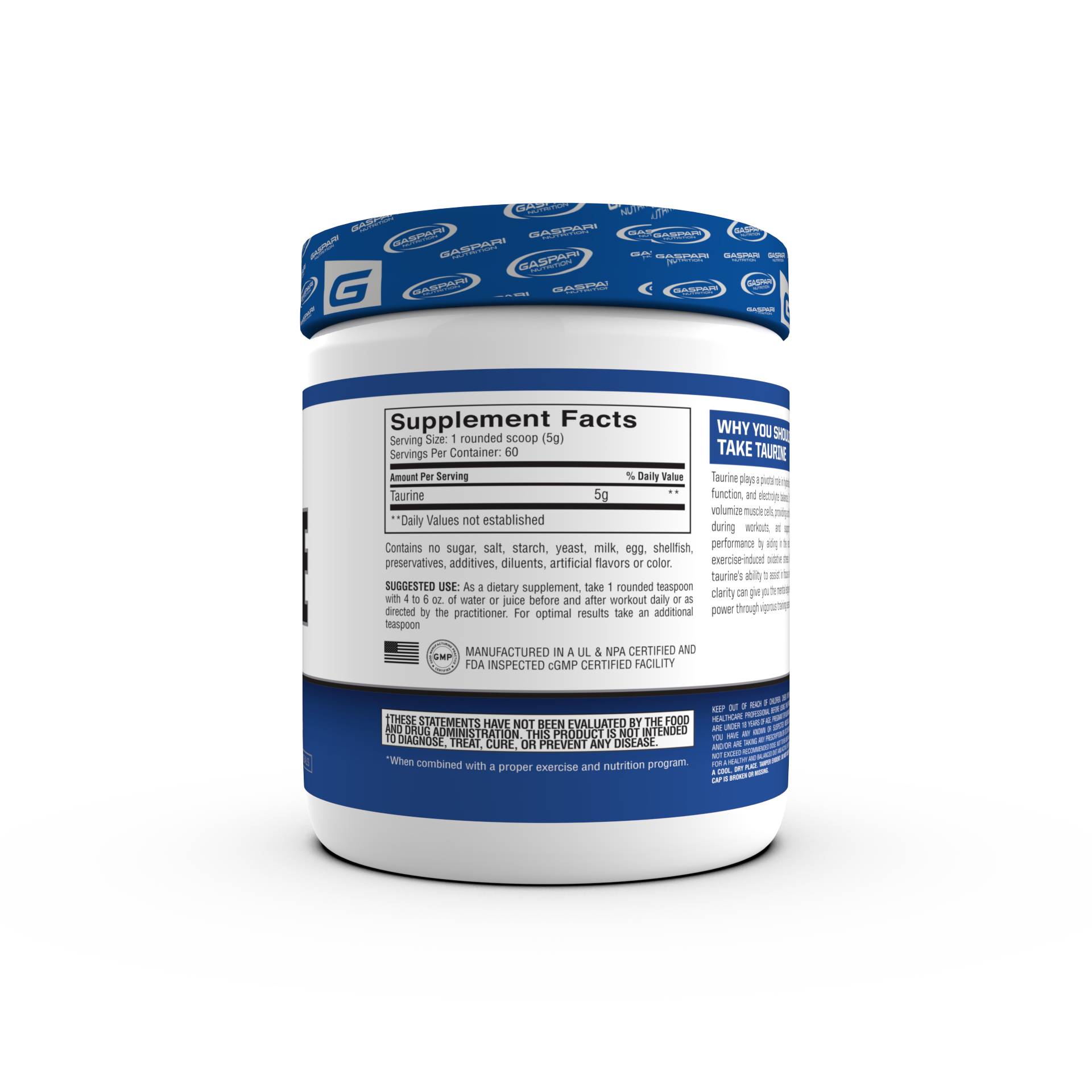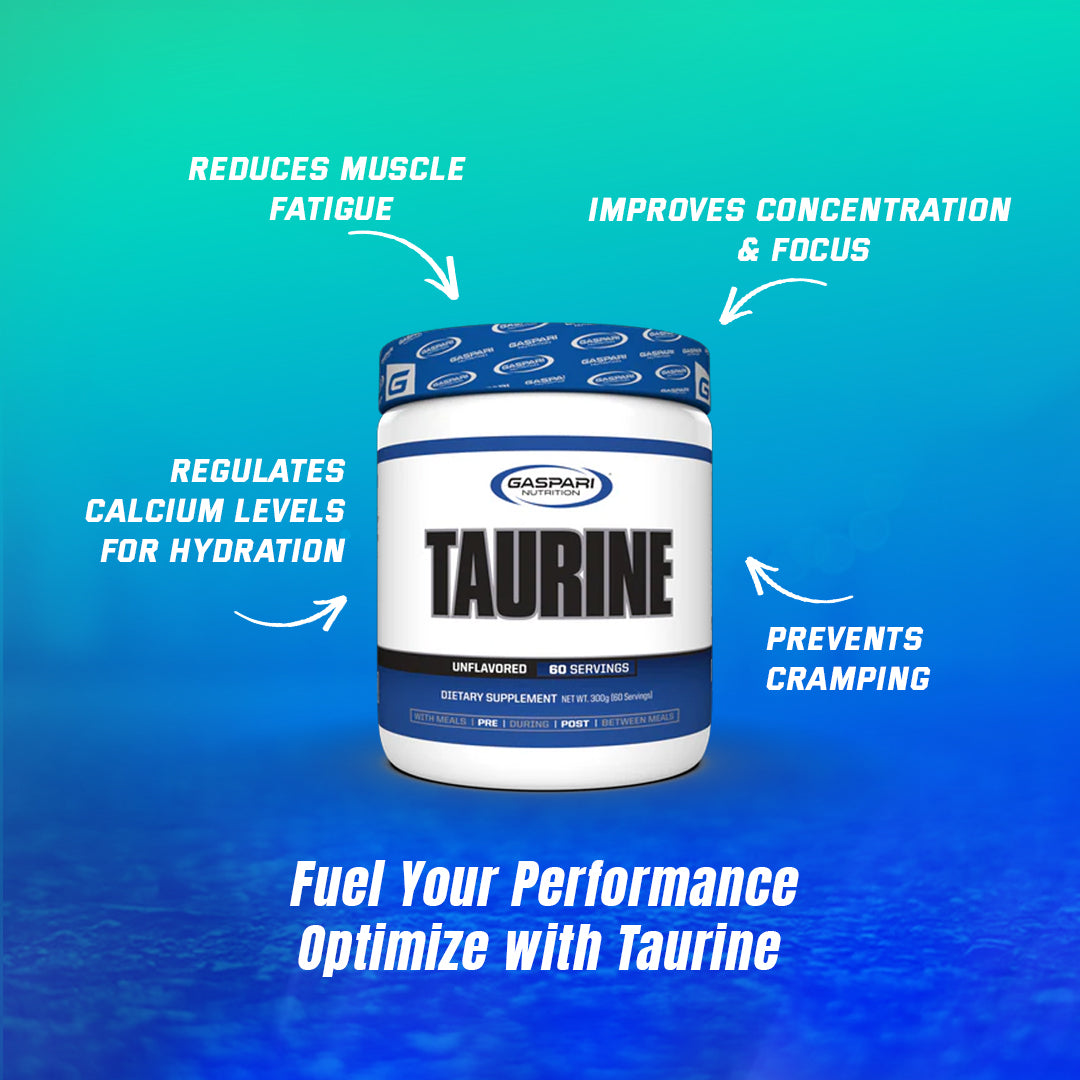Muscle recovery supplements can transform your fitness journey by helping your body repair, rebuild, and perform at its best. Whether you’re a seasoned athlete, a bodybuilder, or a casual gym-goer, these supplements can reduce soreness, speed up recovery, and support muscle growth. This guide explores the types, benefits, and science behind muscle recovery supplements to help you make informed choices.
What Are Muscle Recovery Supplements?
Muscle recovery supplements are formulated to support the body’s repair processes after exercise. Intense workouts cause micro-tears in muscle fibers, leading to soreness and fatigue. These supplements provide nutrients like protein, amino acids, and anti-inflammatory compounds to accelerate recovery, reduce inflammation, and enhance performance. They’re especially valuable for those with high training volumes or specific fitness goals.
Types of Muscle Recovery Supplements
Muscle recovery supplements come in various forms, each targeting specific aspects of recovery. Here’s a breakdown of the most common types:
Protein Supplements
Protein provides the amino acids needed to repair and rebuild muscle tissue. Whey protein is fast-digesting, ideal post-workout, while casein offers slower release for sustained recovery. Plant-based options like pea or soy protein cater to vegan diets.
Branched-Chain Amino Acids (BCAAs)
BCAAs (leucine, isoleucine, valine) are essential amino acids that stimulate muscle protein synthesis. Leucine, in particular, is a key driver of muscle growth.
Creatine
Creatine boosts ATP production, the energy source for muscle contractions, and supports muscle repair by reducing damage.
Beta-Alanine
This amino acid buffers lactic acid, delaying fatigue and aiding recovery by reducing muscle stress.
Omega-3 Fatty Acids
Found in fish oil, omega-3s have anti-inflammatory properties that reduce muscle soreness and support joint health.
Turmeric (Curcumin)
Curcumin, the active compound in turmeric, offers antioxidant and anti-inflammatory benefits, helping to alleviate muscle damage.
Ashwagandha
An adaptogenic herb, ashwagandha reduces cortisol levels, supporting recovery by minimizing stress-related muscle breakdown.
Electrolytes
Electrolytes like sodium, potassium, and magnesium maintain hydration and prevent cramps, crucial for muscle function.
Vitamins and Minerals
Vitamins (D, C, E) and minerals (magnesium, zinc) support immune function, reduce oxidative stress, and aid muscle repair.
Benefits of Muscle Recovery Supplements
Research suggests muscle recovery supplements offer several advantages:
- Reduced Muscle Soreness: BCAAs and curcumin can decrease delayed onset muscle soreness (DOMS), which peaks 2-3 days post-workout.
- Faster Recovery: Protein and creatine accelerate muscle repair, allowing more frequent training.
- Improved Muscle Growth: Leucine-rich BCAAs and protein promote muscle hypertrophy.
- Reduced Inflammation: Omega-3s and turmeric help manage exercise-induced inflammation.
- Enhanced Performance: By supporting recovery, these supplements enable consistent, high-intensity training.
How to Use Muscle Recovery Supplements
To maximize effectiveness, consider these guidelines:
Timing
- Post-Workout: Consume protein, BCAAs, or creatine within 30-60 minutes after exercise to leverage the anabolic window, when muscles are most receptive to nutrients.
- Pre-Workout: BCAAs or beta-alanine can reduce fatigue during exercise.
- Intra-Workout: Electrolytes and BCAAs support hydration and endurance during long sessions.
- Rest Days: Protein or ashwagandha can maintain muscle health between workouts.
Dosage
Typical dosages vary:
- Protein: 20-40g per serving, depending on body weight.
- BCAAs: 5-10g per serving, with a 2:1:1 or 4:1:1 leucine-heavy ratio.
- Creatine: 3-5g daily.
- Beta-Alanine: 2-5g daily.
- Omega-3s: 1-2g EPA/DHA daily.
- Turmeric: 1.5-5g curcumin daily, often with piperine for absorption.
- Ashwagandha: 300-600mg daily.
- Electrolytes/Vitamins: Follow product guidelines or consult a professional.
Stacking
Combining supplements can enhance results:
- Protein + Creatine: Maximizes muscle repair and growth.
- BCAAs + Electrolytes: Supports endurance and hydration.
- Omega-3s + Turmeric: Boosts anti-inflammatory effects.
Avoid overlapping ingredients (e.g., BCAAs in protein powders) to prevent overconsumption.
Scientific Backing for Muscle Recovery Supplements
Studies support the efficacy of these supplements:
- A Journal of the International Society of Sports Nutrition study found BCAAs reduce muscle soreness and damage post-exercise.
- Research in Nutrients shows creatine increases muscle mass, strength, and recovery by reducing muscle damage.
- Omega-3s, per a Nutrients review, decrease inflammation and soreness in athletes.
- Vitamin D supplementation, as noted in PMC, improves muscle function in deficient individuals.
While some supplements (e.g., turmeric) show mixed results, the evidence leans toward their benefits when used correctly.
Natural Alternatives to Supplements
Many recovery nutrients are found in food:
- Protein: Chicken, fish, eggs, dairy, legumes.
- BCAAs: Meat, dairy, soy.
- Creatine: Red meat, fish.
- Omega-3s: Salmon, mackerel, walnuts, flaxseeds.
- Turmeric: Curries, golden milk.
- Electrolytes: Bananas, spinach, coconut water.
- Vitamins/Minerals: Fruits, vegetables, nuts.
A balanced diet can meet recovery needs, but supplements offer convenience and concentrated doses for intense training.
Safety and Side Effects
Most muscle recovery supplements are safe when used as directed. However:
- Consult a Professional: Especially if you have conditions like kidney issues or are pregnant.
- Potential Side Effects: Include digestive discomfort (protein, BCAAs), water retention (creatine), or mild nausea (ashwagandha).
- Mitigation: Start with lower doses, take with food, and stay hydrated.
Who Should Avoid Them?
- People with maple syrup urine disease (avoid BCAAs).
- Those with allergies to specific ingredients.
- Individuals on certain medications (consult a doctor for omega-3s or ashwagandha).
Frequently Asked Questions
Are muscle recovery supplements necessary?
Not always. A balanced diet and rest may suffice, but supplements are beneficial for high training volumes or dietary gaps.
Can I take multiple supplements together?
Yes, but check for overlapping ingredients to avoid excess. For example, protein powders often contain BCAAs.
How long does it take to see results?
Many users notice reduced soreness and faster recovery within 1-2 weeks of consistent use.
Are these supplements safe for women?
Yes, they’re effective and safe for all genders when used appropriately.
Can supplements replace a healthy diet?
No, they complement a balanced diet but don’t provide all nutrients or calories needed for overall health.
Do supplements help with injury recovery?
Some, like omega-3s and vitamin D, may support recovery from minor injuries, but consult a doctor for serious injuries.
Unlock Peak Recovery with Muscle Recovery Supplements
Muscle recovery supplements can elevate your training by reducing soreness, speeding up repair, and boosting performance. Whether you’re aiming for muscle growth, endurance, or overall wellness, the right supplement can make a difference. Explore high-quality options to find the perfect fit for your fitness goals!
Disclaimer: Consult a healthcare professional before starting any supplement, especially if you have medical conditions.
